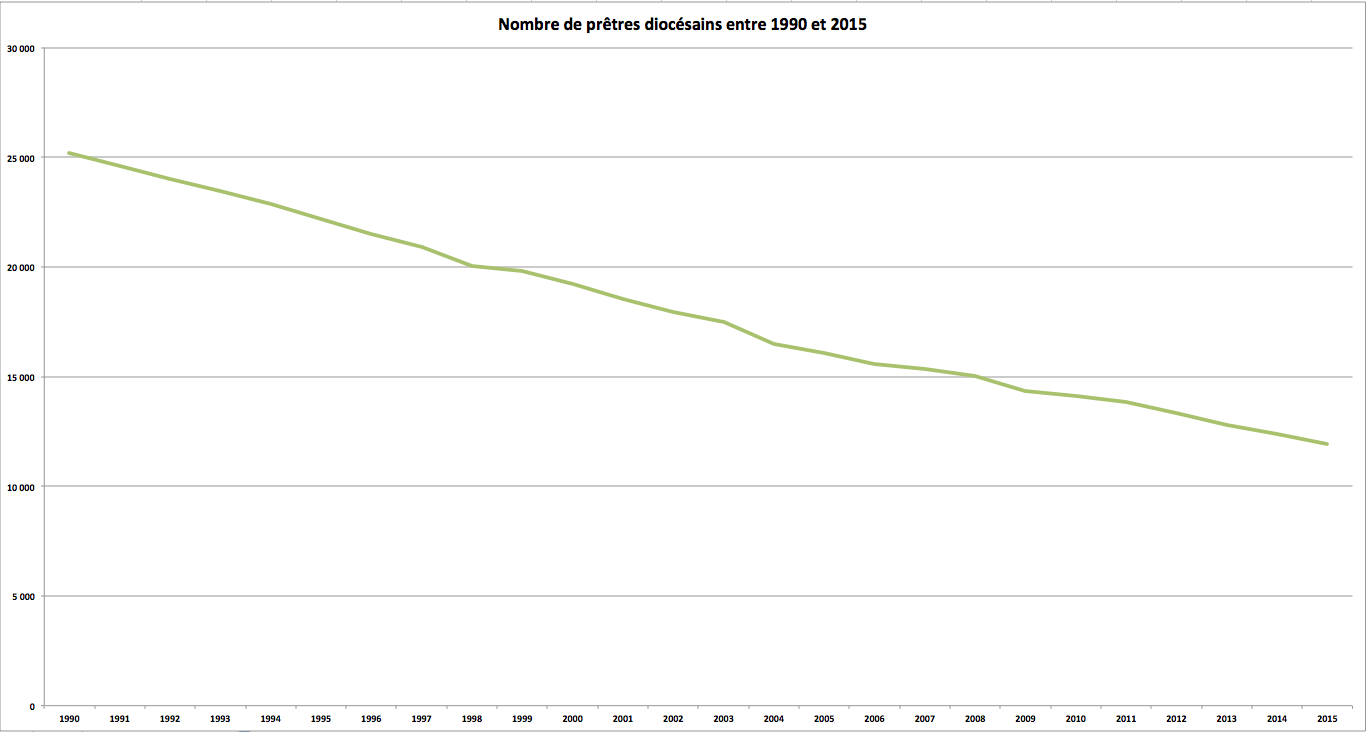Evolution of thought systems, myths and beliefs in history.
published: 02/11/19, 11:07
I inaugurate this topic on the evolution of the belief systems, to avoid the pollution of other subjects ...
Here a blog post Homofabulus on the emergence of religions and moral philosophies:

Evolution of energy capture in different regions of the world during the axial period
http://homofabulus.com/pourquoi-les-dieux-sont-devenus-moraux-tous-en-meme-temps/
PS: I can not find a graph on the evolution of the amount of energy dissipated by type of society since prehistory (if a charitable soul hear me!), Because it appears that there is a obvious report between dissipated energy level and belief system.
In the pre-modern period, researchers tend to reason in terms of caloric intake, but if this point is interesting, it does not allow to link sufficiently the level of complexity of a society and religious category (monotheism, polytheism etc ...)
Here a blog post Homofabulus on the emergence of religions and moral philosophies:
The question of the day is: why in one fell swoop, in about 400 BC, do we see appearing similar religions insisting on self-discipline and moral behavior in three regions of the world as far apart as the Ganges valley, the Mediterranean region and China? Why have we gone from religions that until now have postulated gods that must be feared but do not say what is right and wrong to do to religions postulating moralizing gods?
An article recently published in the journal Current Biology suggests a hypothesis based on the theory of life history traits that we have already discussed on this blog. We know that an individual's wealth affects his motives and his "reward systems". Someone who lives comfortably is more likely to set long-term goals, move away from so-called "fast" strategies (get resources quickly, replicate quickly ...) and refer to a more "slow" strategy that includes more cooperative, long-term behaviors, favoring self-control over impulsivity. The study shows precisely that during the axial period, the energy capture in the three above-mentioned regions (Ganges valley, China and Eastern Mediterranean) has increased dramatically, exceeding 20 000 kcal / day / while traditional hunter-gatherer societies do not exceed 4000 kcal and large archaic societies such as Egypt or Sumerians peak at 15 000 kcal.

Evolution of energy capture in different regions of the world during the axial period
http://homofabulus.com/pourquoi-les-dieux-sont-devenus-moraux-tous-en-meme-temps/
PS: I can not find a graph on the evolution of the amount of energy dissipated by type of society since prehistory (if a charitable soul hear me!), Because it appears that there is a obvious report between dissipated energy level and belief system.
In the pre-modern period, researchers tend to reason in terms of caloric intake, but if this point is interesting, it does not allow to link sufficiently the level of complexity of a society and religious category (monotheism, polytheism etc ...)

